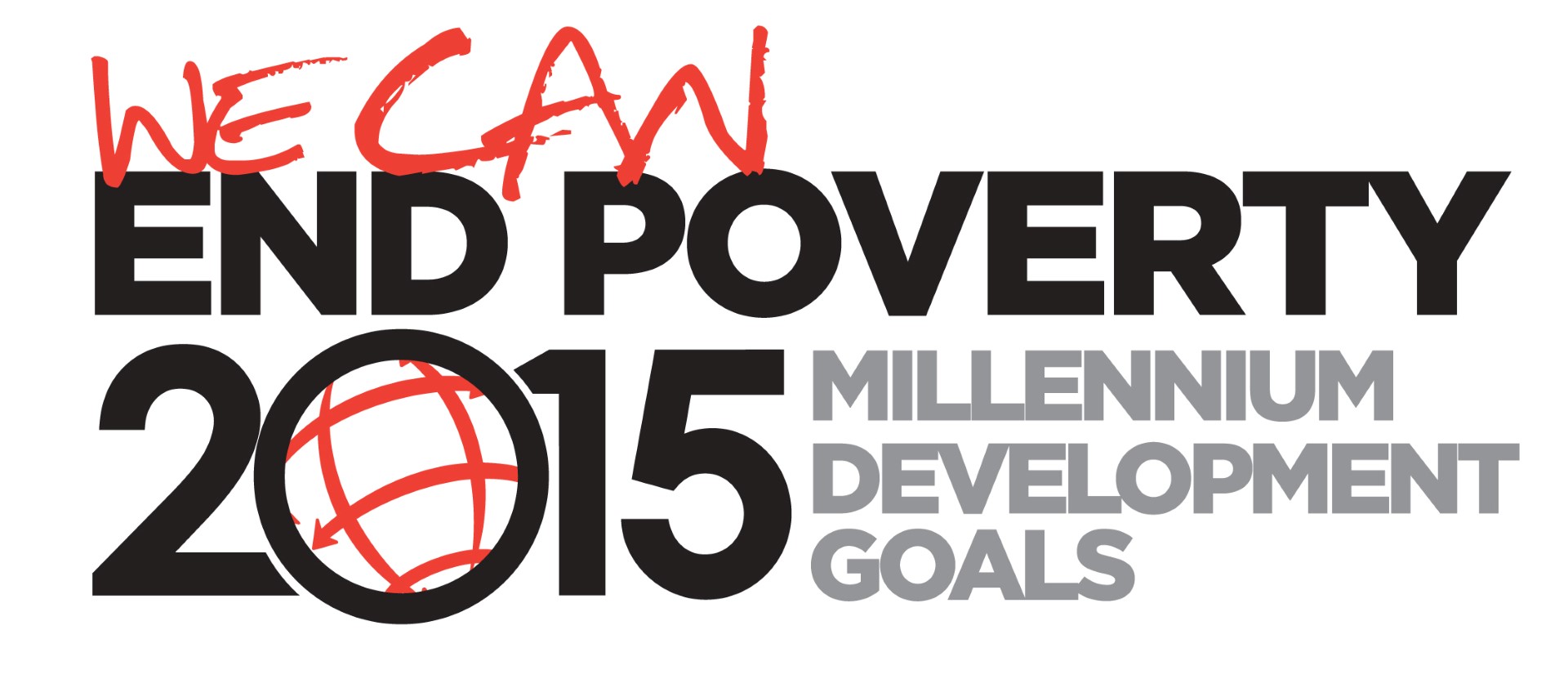How Important is Health?
On September 25, the United Nations affirmed the Sustainable Development Goals (“SDGs”), a fifteen-year plan to end poverty, inequality, and environmental degradation. Officially titled “Transforming our world: the 2030 Agenda for Sustainable Development” and set to come into effect on 1 January 2016, the SDGs replace the Millennium Development Goals (“MDGs”) that expire this year. Notably, the SDGS form an expanded plan of action for global development with a set of seventeen goals and 169 targets, a substantial increase from the MDG’s set of eight goals and twenty targets.
There are many key differences in scope and content between the SDGs and MDGs. Some of these changes are from improvements in the field of global development, with researchers and policymakers becoming more experienced after implementing both successful and unsuccessful strategies to meet the MDGs. Others reflect an increased awareness of different global actors and interests, some of which were ignored or inadequately addressed when creating the MDGs. And still others reflect the increasingly interdisciplinary approach to sustainable development, acknowledging that fields like biology, environmental science, urban development, and engineering all play a role in creating sustainable systems.
One important topic of interest in the field of global development involves health. Since the International Covenant on Economic, Social, and Cultural Rights enshrined “the enjoyment of the highest standards of health” as a fundamental human right, health has had a prominent feature in most global development frameworks. In the MDGs, however, health played a particularly prominent role. Three of the eight MDGs focused specifically on health outcomes, which were the MDGs to reduce child mortality (MDG 4), improve maternal health (MDG5), and combat HIV/AIDS, malaria, and other diseases (MDG 6). And some of the other MDGs, such as the eradication of extreme poverty and hunger, the achievement of universal primary education, and the promotion of gender equality and empowerment of women, can improve population health by affecting important social determinants of health.
In the new SDGs, health is addressed in one SDG out of seventeen. Importantly, the third SDG, which is to “ensure health lives and promote well-being for all at all ages,” has thirteen key targets that create a more comprehensive framework for addressing health. Some of these are updates on previous goals regarding maternal and child health as well as certain infectious diseases. But they also include entirely new targets to strengthen the treatment of substance abuse, to promote mental health and wellbeing to tackle certain non-communicable diseases, to address illnesses from hazardous environmental pollution, and others.
What is important to consider, however, is whether health will be adequately prioritized in the new SDG framework, especially since important MDG health targets were met in part because of concerted global efforts to address these issues. To focus on just MDG 4, the global under-five mortality rate dropped from ninety to forty-three deaths per 1000 live births between 1990 and 2015, and the total number of under-five deaths declined from 12.7 million to almost 6 million since 1990. These are great improvement to child mortality, and they are a result of focused and specific projects. One notable example is the Muskoka Initiative, which was an agreement between G8 nations to address MDG 4 and MDG 5 by spending $5 billion between 2010 and 2015 in order to reduce maternal, infant, and child mortality in developing countries. This project, along with other UN initiatives such as the Global Strategy for Women’s and Children’s Health, were key in achieving large strides in the health MDGs.
One can wonder whether these same large-scale initiatives can be created for the new SDG 3, especially because much more needs to be done to fully achieve the new targets for this goal. That is, the global funding and financial support system may fragment along disparate interests, preventing cooperation. After all, not all of the targets in SDG 3 are as globally valued and prioritized in development agendas as MDG 4 and MDG 5. Certainly, not all countries want to invest in projects to, for example, address road traffic accidents or strengthen tobacco regulations. And creating sweeping initiatives to address only a handful of targets out of almost two hundred, which itself falls under just one out of seventeen total SDGs, may raise less political capital than with the MDGs, acting as disincentives to global political collaboration.
These criticisms do not mean that the SDGs should not be supported. The expanded purpose of the new SDGs is necessary to combat the multiplicity of different problems facing the future sustainable development of the world. Certainly for the third SDG, the new targets properly spotlight the important disease burden of different injuries and non-communicable diseases. Countries can fall into a false sense of complacency just because of improvements to maternal and child health, ignoring the persistent health needs of other populations and perpetuating poor health outcomes for marginalized communities.
Overall, the newly-passed SDGs were passed unanimously, but not without some pause from both developed and developing countries over how these new targets will be financed and resourced. Talks between countries over these new support systems for tackling the development goals under the new framework, as well as over which targets they should prioritize in their agendas are already under way. However, only time will tell if the global community can come together to work cooperatively in order to develop in a healthy, sustainable and equitable manner.
This article was published as part of the Osgoode chapter of Canadian Lawyers for International Human Rights (CLAIHR) media series, which aims to promote an awareness of international human rights issues.
Our website: http://claihr-osgoode.weebly.com/
Facebook: https://www.facebook.com/claihrosgoode

